It hasn’t even been a week since the U.S. Food and Drug Administration (FDA) issued the first emergency use authorization for the Pfizer-BioNTech vaccine for the prevention of COVID-19 infection. Yesterday, Americans started receiving their first doses of the vaccine. However, our supplies of the vaccine are still limited, and states are now determining who will be at the top of the list to receive the vaccine.
Should Pregnant Women Receive the COVID-19 Vaccine?
Great Britain, at least at this point, has elected to avoid using the CoviD-19 vaccine in pregnant women. This decision stems from the fact that pregnant women have been excluded from all COVID-19 vaccine trials. While we typically recommend that pregnant women should receive routine vaccinations, we do not yet have studies assessing the reproductive safety of the COVID-19 vaccine.
In the United States, many of those at the top of the list to get the vaccine are healthcare workers. Given that three-quarters of all healthcare workers are women, and many are women of childbearing age, we must carefully consider limiting access to the new vaccine in this population of women at high risk for exposure to the COVID-19 virus. It is not a small number of women who would potentially be barred from vaccination if we exclude pregnant women; the Centers for Disease Control and Prevention estimates that there could be as many as 330,000 pregnant healthcare personnel at the time of vaccine implementation.
Considering a growing body of evidence indicating that pregnant women are more likely to have certain manifestations of severe COVID-19 illness, including admission to the ICU and mechanical ventilation, the American College of Obstetricians and Gynecologists (ACOG) has urged the CDC’s Advisory Committee on Immunization Practices to include pregnant and lactating women in the high-priority populations for COVID-19 vaccine allocation. ACOG clearly states that all pregnant and lactating people should be allowed to receive the vaccine, and that their decision to do so should be based on a careful discussion of risks and benefits with their healthcare provider. Furthermore, ACOG has urged the FDA to recommend the establishment of pregnancy registries for those individuals who receive COVID-19 vaccines or vaccine candidates while pregnant in order to systematically collect and evaluate information regarding the safety of these vaccines.
For those of us who practice in the field of reproductive psychiatry, this is a familiar discussion. When treating women with psychiatric illness during pregnancy, we often must make difficult decisions regarding the use of medications in the absence of adequate data. In this setting, one must weigh the risks — often incompletely known — of using a particular treatment against the risks of exposure to the illness. Unfortunately, pregnant women will have to make the same sort of decision when it comes to the COVID-19 vaccine.
The ACOG Practice Advisory provides guidance regarding the use of PFizer-BIoNTech vaccine in pregnant women. While we have no data regarding the reproductive safety of this particular vaccine, there is no evidence of risk. The advisory states, “Based on the mechanism of action of these vaccines and the demonstrated safety and efficacy in Phase II and Phase III clinical trials, it is expected that the safety and efficacy profile of the vaccine for pregnant individuals would be similar to that observed in non-pregnant individuals.”
The advisory states that clinicians should review the available data on the risks and benefits of vaccination with their pregnant patients. This conversation must take into account the individual patient’s risk for exposure. While this virus is highly transmissible, some women who live in areas where there are low rates of COVID-positivity may elect to forgo the vaccine. Similarly, healthy women who work from home, have limited social contacts, and follow strict guidelines to limit exposure may choose not to receive the vaccination.
The discussion must also include consideration of the individual patient’s risks of not getting vaccinated in the context of the individual patient’s current health status. Are there underlying conditions, such as diabetes or obesity, which may render her more vulnerable to severe illness? Often these decisions extend beyond the pregnant patient, as they typically live within an extended family network. The vulnerability of people in that network must also be considered when making decisions about vaccination. While current data indicates that healthy children are unlikely to suffer from severe COVID infections, older people or those with underlying disease are highly vulnerable.
These sorts of decisions are never easy. We can only hope that as vaccination expands to the general population, we will have more information regarding the safety of the vaccine during pregnancy.
Ruta Nonacs, MD PhD
Pregnant and Breastfeeding Women May Opt to Receive the Vaccine (New York Times)
Pregnant People Haven’t Been Part Of Vaccine Trials. Should They Get The Vaccine? (NPR)
Pregnancy and Vaccination (CDC)
Vaccinating Pregnant and Lactating Patients Against COVID-19 (ACOG Practice Advisory)

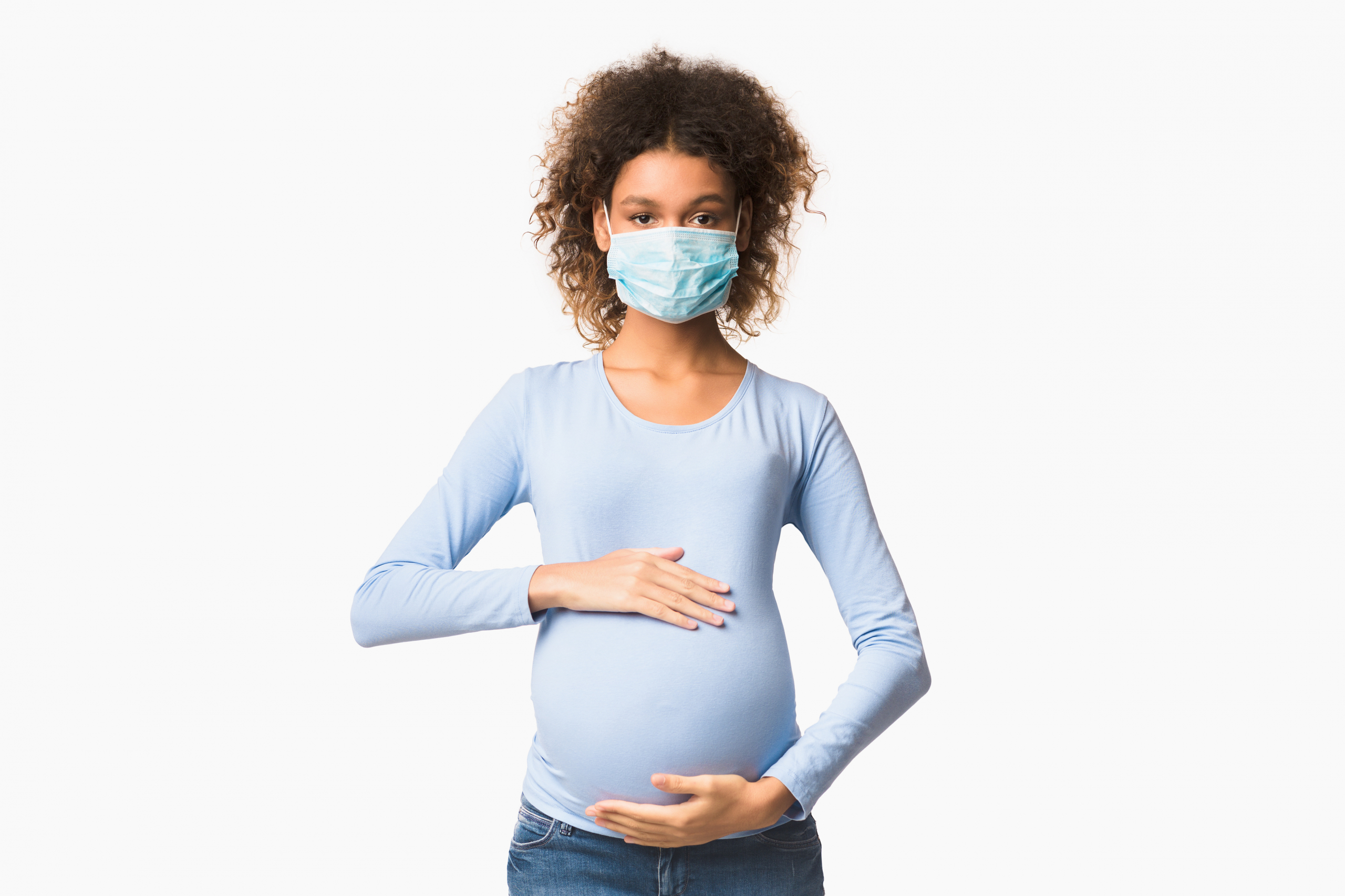
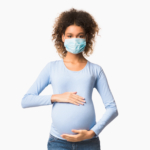
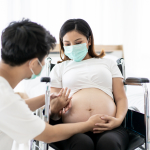
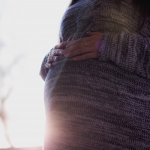
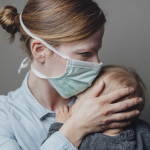


Leave A Comment